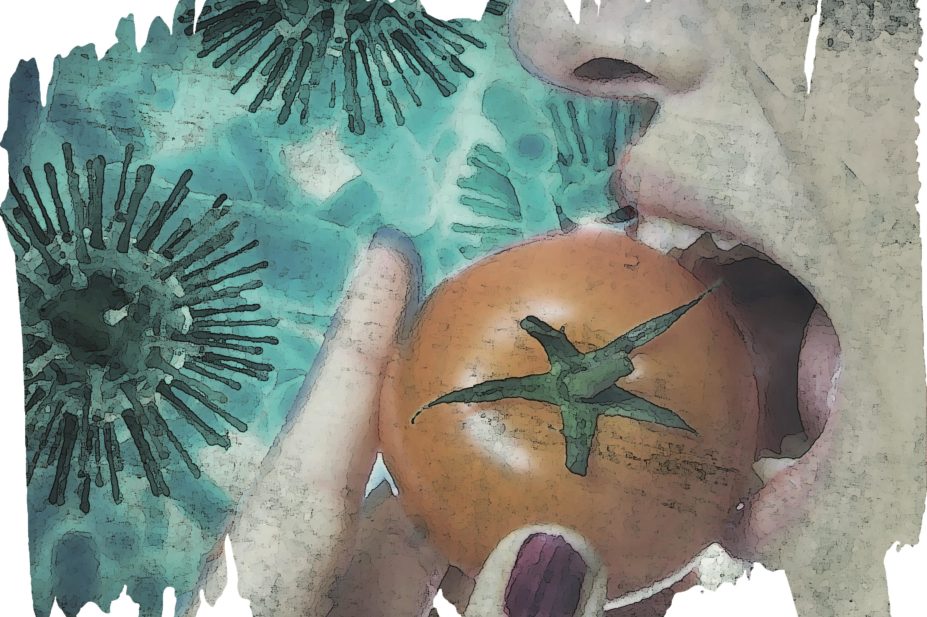
Microbiome is the name given to the colonies of bacteria, fungi, and archaea that live in and on the human body. It is only recently that scientists have begun to understand the importance of its effects on the host organism. The human digestive system alone contains thousands of species of bacteria, and recent research has shown that the diversity of species of microorganisms in the gut can have a profound effect on human health. A low diversity of gut bacteria has been linked to a variety of disease conditions, including inflammatory bowel disease, obesity, diabetes and heart disease.
Genetics and diet are the major factors influencing gut flora, and research has revealed the profound effects that dietary changes can have. Studies on fish demonstrated that the less diverse the organism’s diet, the greater the diversity of bacterial species in the gut, and vice-versa. These results were the opposite of what was expected, as it was assumed that fish feeding on a mixed diet would have a greater diversity of flora.
In an attempt to explain these findings, it was suggested that a wider diversity of foods could give an advantage to generalist bacteria, at the expense of more specialist species having more specific needs. A human study comparing urban Italians living on a varied diet, with a modern-day hunter-gatherer tribe in Tanzania eating a restrictive diet, produced similar results. It was also discovered that gut flora differs according to sex, in both fish and humans, even when the diet is the same. It has been suggested that sex hormones may affect the range of flora in different sexes. These varying influences upon gut flora assume a new importance in conditions where the patients’ treatment involves dietary changes, and the effects of these changes upon the gut flora need to be taken into account, and tailored to the individual patient.
Results of research carried out at the University of California, and published in the August 2014 edition of BioEssays, suggest that some gut bacteria may even influence the food we eat by modifying eating behaviour and influencing dietary choices, in order to increase the nutrients favourable for the bacteria, rather than simply feeding upon whatever is on offer. The suggestion is that bacteria may secrete signalling molecules into the gut, which could then, through a combination of the endocrine and nervous systems, influence behavioural and physiological responses.
Research has indicated that gut bacteria may influence vagal stimulation, affecting dietary decisions through a variety of actions. These include changing taste receptors, and producing toxins or chemical rewards, depending on the foods ingested, which can affect mood and general well-being. Fortunately, the gut bacteria can soon be altered by deliberate changes in diet, with measurable differences occurring within 24 hours of dietary change. The relationship between the microbiome and the health of the host is still poorly understood, and more research is needed to better understand this relatively new field.
Further reading:
1) Gut microbiome of the Hadza hunter-gatherers, Nature Communications, 15 April 2014
2) “Individuals’ diet diversity influences gut microbial diversity in two freshwater fish (threespine stickleback and Eurasian perch)” http://doi.wiley.com/10.1111/ele.12301


